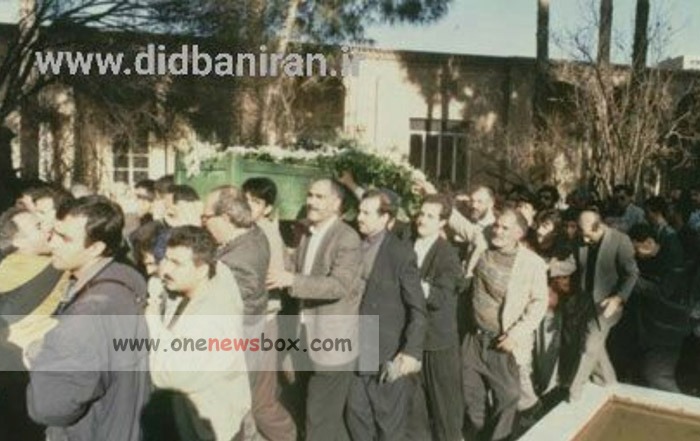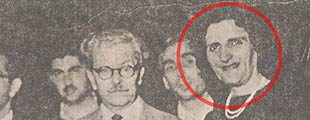Bazargan’s term as a member of parliament lasted until 1984. During this period, he served as a lawmaker representing the Freedom Movement of Iran, which he had founded in 1961. The movement was abolished in 1990. In 1985, the Council of Guardians rejected his petition to run for the presidency, further limiting his political influence.
Ideological Stance
Bazargan was widely respected within the ranks of modern Muslim thinkers and is often regarded as a leading representative of liberal-democratic Islamic thought. He emphasized the necessity of constitutional and democratic policies, believing that Islam and democracy were compatible and could coexist in a modern political system.
In the aftermath of the 1979 revolution, Bazargan led a faction that opposed the Revolutionary Council, which was dominated by the Islamic Republican Party and figures such as Ayatollah Mohammad Hosseini Beheshti. He opposed the continuation of the Iran–Iraq War and the extensive involvement of Islamists in politics, the economy, and society. Due to his dissenting views, he faced harassment from militant groups and young revolutionaries within Iran.
Assassination Attempts and Threats
Bazargan’s opposition to the dominant political forces made him a target for violent attacks. On 8 April 1978, his house in Tehran was bombed. The underground committee for revenge, a reputed state-financed organization, claimed responsibility for the attack. Despite the threats to his life, Bazargan continued to advocate for his political and social beliefs.

